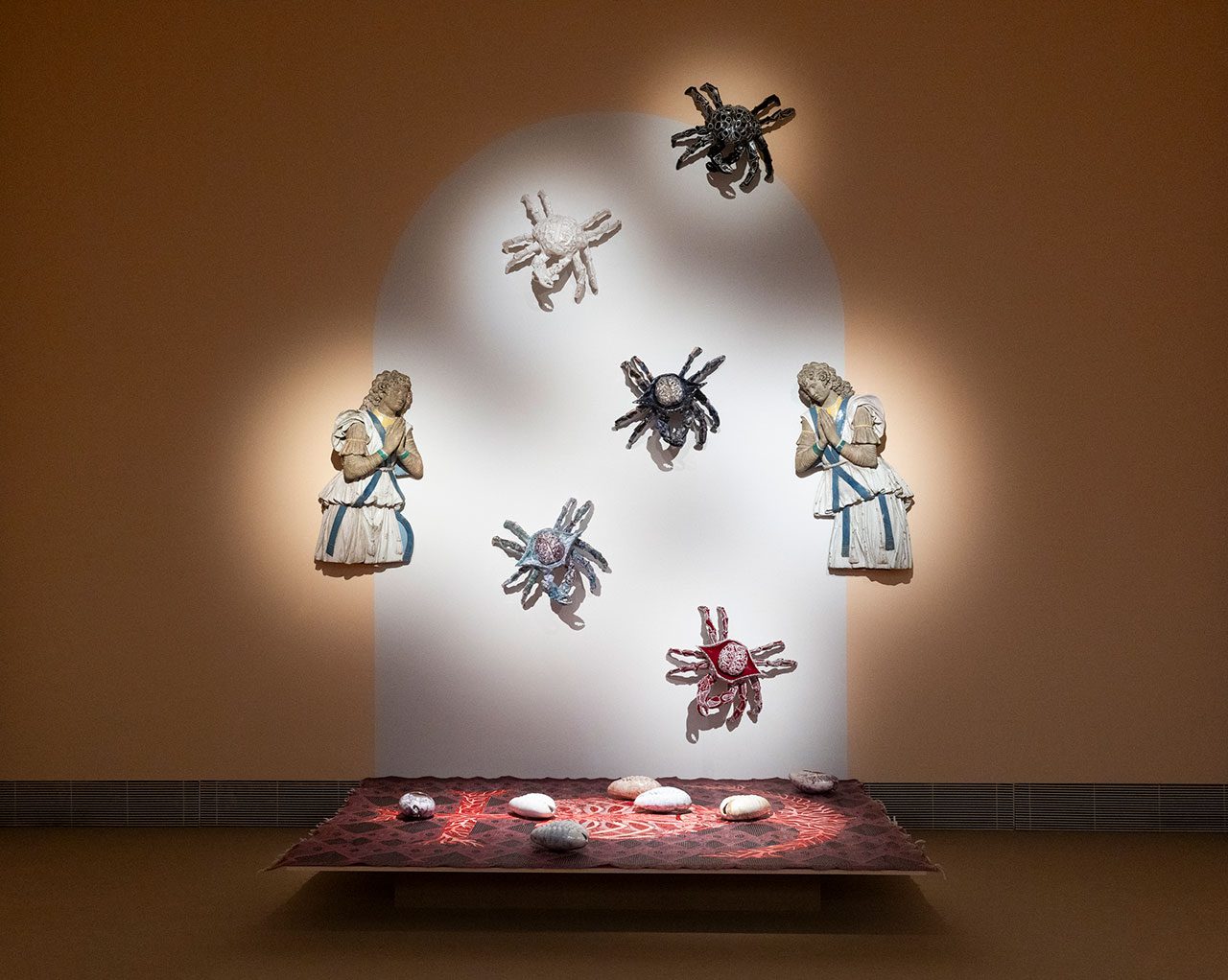PRESENTATION: Marina Vargas-Revelations
Marina Vargas is a visual artist who is known for her characterization that focuses on exploring issues like the history of art, the sacred, mythology, feminism and the portrayal of women in culture and religion. Through a contemporary perspective, her projects address the search for the visibility and recognition of women, particularly in the historical and cultural contexts in which they have been silenced or relegated to the background.
By Dimitris Lempesis
Photo: Museo Nacional Thyssen-Bornemisza Archive
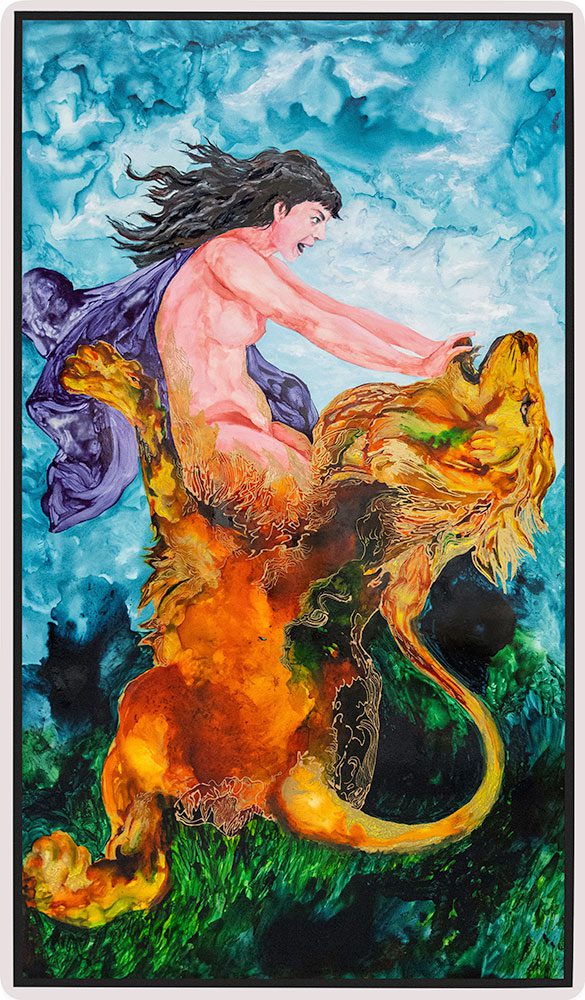
Marina Vargas’ solo exhibition “Revelations”, the eighth edition Museo Nacional Thyssen-Bornemisza;s “Kora” series, which promotes work by contemporary women artists from a gender perspective. In this project, Marina Vargas reveals and draws attention to the contributions and legacy of women who have been silenced throughout history, particularly in the realm of the sacred and spiritual. Taking Mary Magdalene as the principal axis of her project, Vargas creates a journey in which she explores other female figures who have been relegated to a secondary position in the worlds of art, culture and religion, combining them with words, tarot readings and other interpretative media that form part of the artist’s creative universe, her life story and personal experience. The exhibition has been conceived as a totality in which the artist’s creations, the majority made expressly for the exhibition, establish a dialogue with spaces in the Museo Thyssen and works in its collections, as well as with other loans from institutions such as the Museo Nacional de Escultura. The result is an unprecedented whole, in which space, painting, drawing, sculpture and sound are all involved. The exhibition comprises four sections, each presided over by a large tarot card. The first of them, “Word”, features an installation in which different phrases taken from different women who have inspired the artist can be read in sign languages (Spanish and universal). These women include feminist theologians such as Cynthia Bourgeault, artists like Hannah Wilke, historical figures like Joan of Arc and authors such as Kate Millet, while current feminist slogans are also included. The same space displays the sculpture “Mary Magdalene” (2024), a pair of joined hands that form a triangle symbolizing the uterus, a gesture taken from feminist actions. The two works establish a dialogue with the painting “Hercules at the court of Omphale” (1537) by Hans Cranach in which hands are particularly important in the depicted scene. The exhibition continues with the section “Vision”, which focuses on the process of disease. All the elements in this room allude to the breast cancer which the artist suffered in the past and which has significantly influenced her creative career: the series “Mère-Mer” (2024), a group of crabs climbing down the wall (in allusion to the astrological symbol of cancer); “The Feminine Divine” (2024), a tapestry with the Cross of Camargue embroidered on it and on top of it a group of snails, used for divinatory reading in the Afro -Cuban religion and which are part of Vargas’ creative process; and “Votive Offerings” (2022), comprising molds used for radiotherapy sessions covered in gold. This section concludes with the Tarot card of “The World”, a symbol of rebirth without the need to die. The third room, “Body”, is presided over by two “Reverse Pietàs”: one of them, suspended from the ceiling, forms a contrast with the other cracked one on the floor, which seems to have been opened up to reveal what is concealed and which is the last in a series of seven produced by Vargas in the last decade. These sculptures establish a dialogue with “Madonna of the Dry Tree” (ca. 1465) by Petrus Christus, a panel in which the Virgin and Child are surrounded by the Tree of Knowledge. Withered since the Original Sin, it blooms again after the conception of Christ. This space culminates with the “Strength” tarot card symbolizing all triumphant women. The exhibition closes with the room “Aegyptiaca”, dominated by Luis Salvador Carmona’s carving of “Saint Mary of Egypt” (1734- 1766), also known as Maria Aegyptiaca, from the Museo Nacional de Escultura. This final room in the exhibition, which is completely black, establishes a dialogue between Mary of Egypt and a photograph of Vargas after her mastectomy entitled “Noli Me Tangere. Incredulity” (2020). That work is in turn accompanied by the panel of “Mary Magdalene” by Derick Baegert of 1477-78. The exhibition concludes with a series of drawings of different tarot cards created by Vargas as part of her working process. The voice of María Botto, who played Mary Magdalene in the film “Risen” (2016), reads out the meaning of each of them.
Photo: Marina Vargas, Hercules at the Court of Omphale. I’ts Over, 2024,Signed phrase spelled out in sign language according to the Spanish alphabet. Polychrome polyester resin. 15 x 159 x 25,5 cm. Collection of the artist. Photo: María Lamuy. © Marina Vargas, VEGAP, Madrid, 2025
Info: Curator: Semíramis González, Museo Nacional Thyssen-Bornemisza, Paseo del Prado 8, Madrid, Spain, Duration: 10/2-4/5/2025, Days & Hours: Mon 12:00-16:00, Tue-Sun 10:00-19:00, www.museothyssen.org/
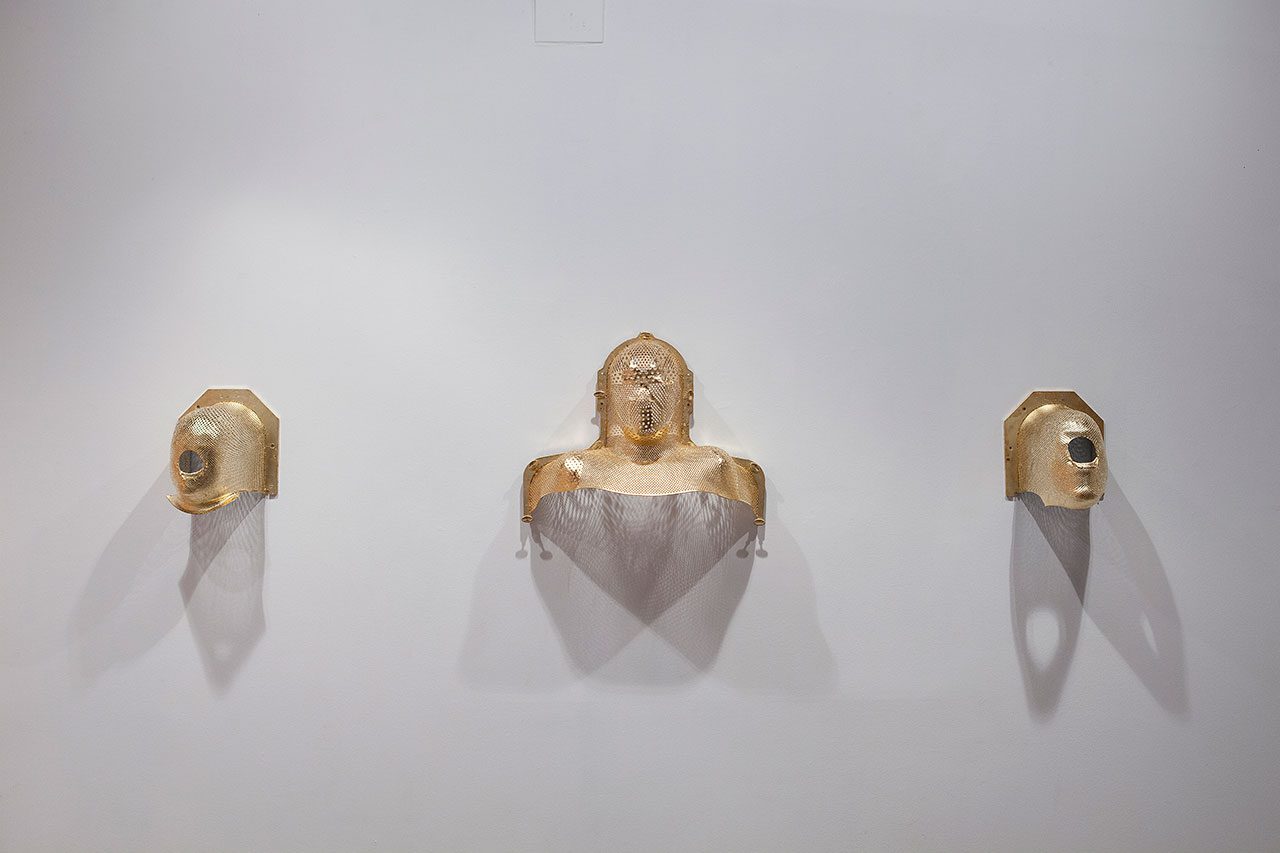
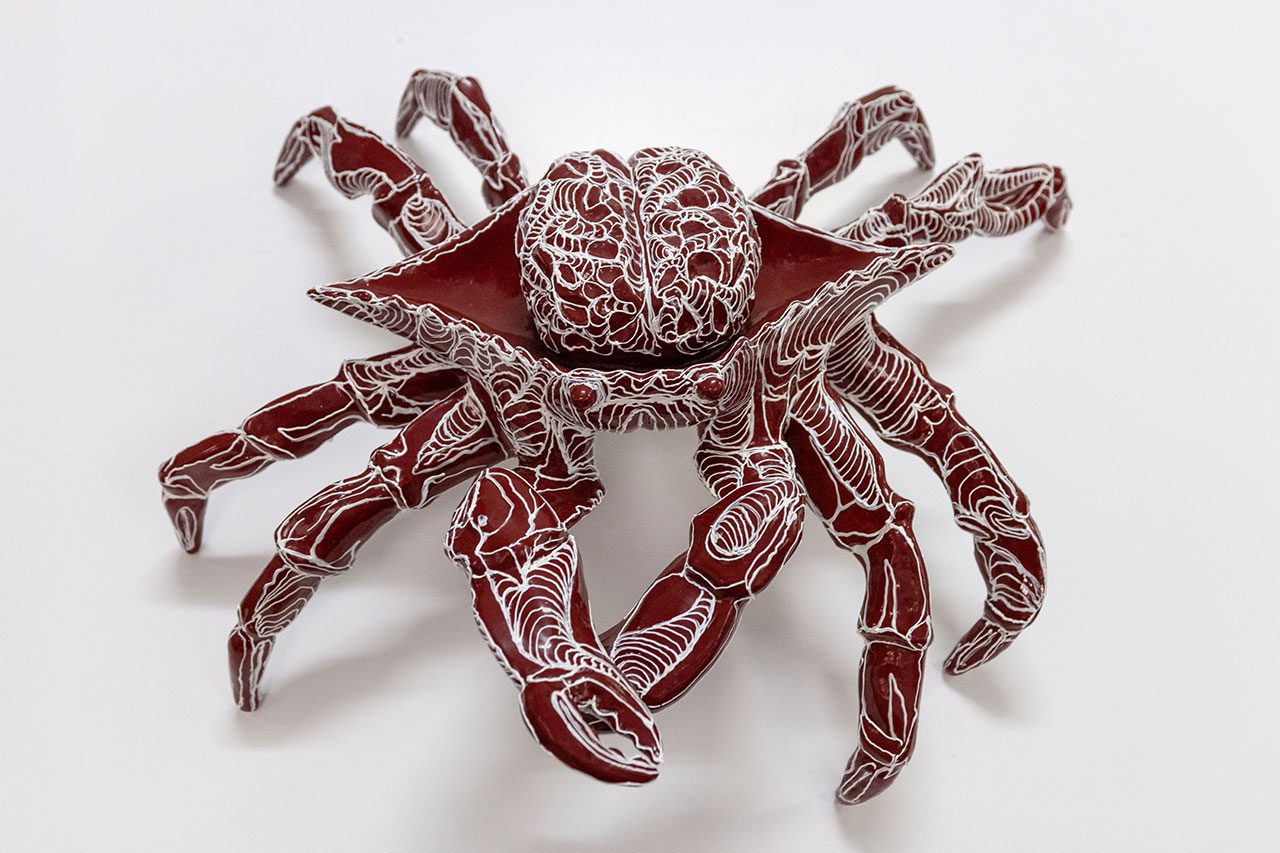
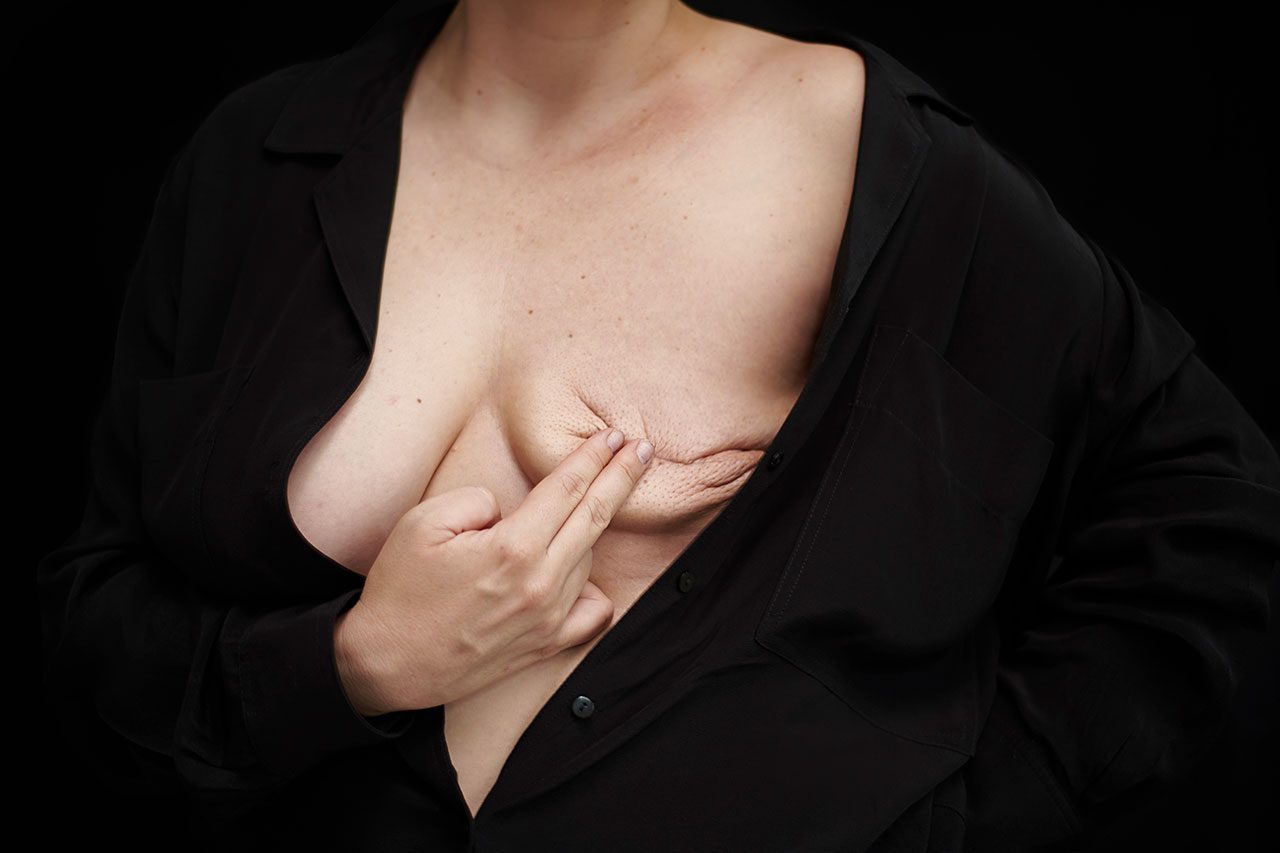
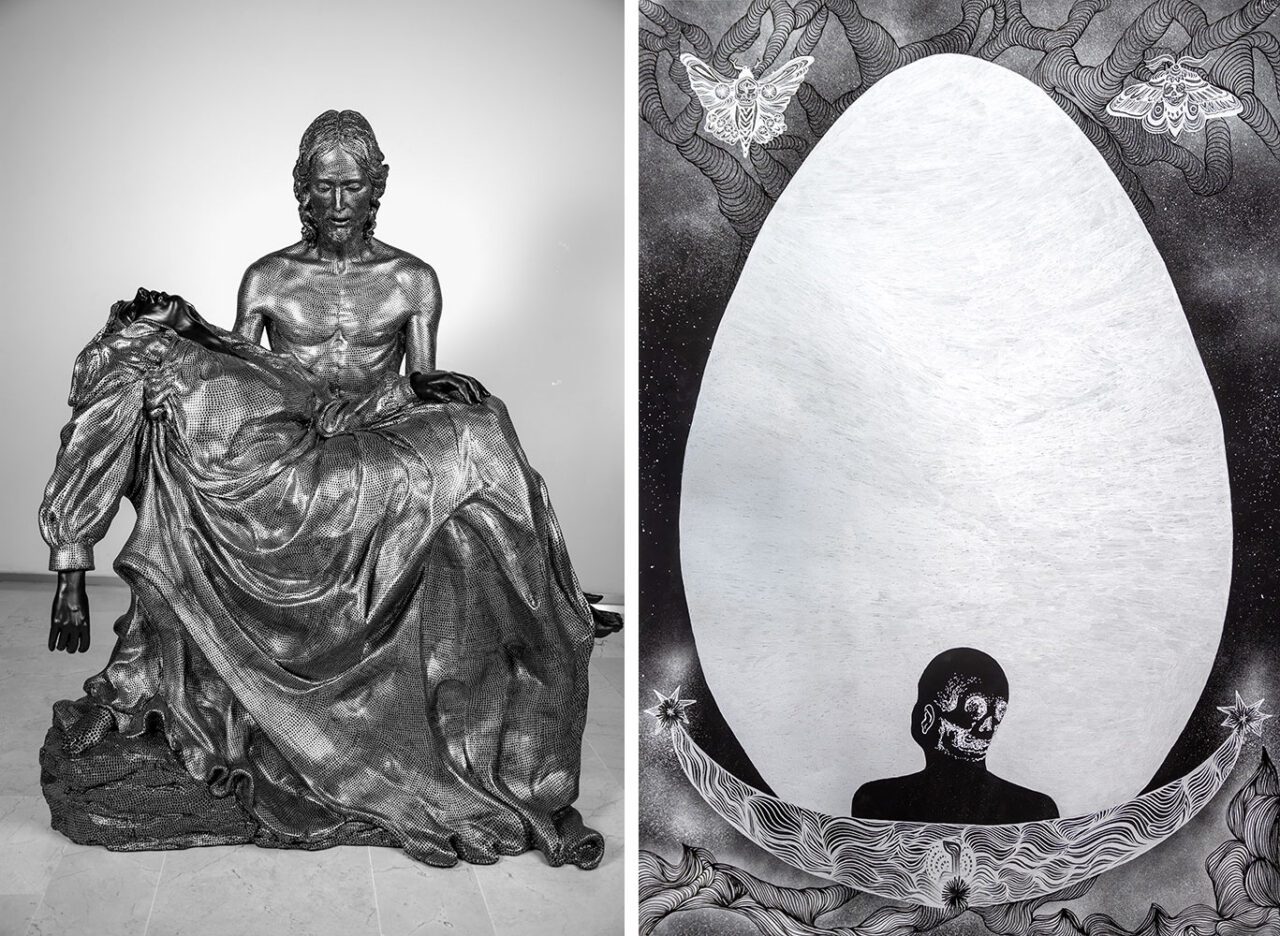
Right: Marina Vargas, The Lines of Fate: Death, 2024, Silver ink and aerosol on black paper. 113 x 78 cm. Collection of the artist. Photo: María Lamuy. © Marina Vargas, VEGAP, Madrid, 2025
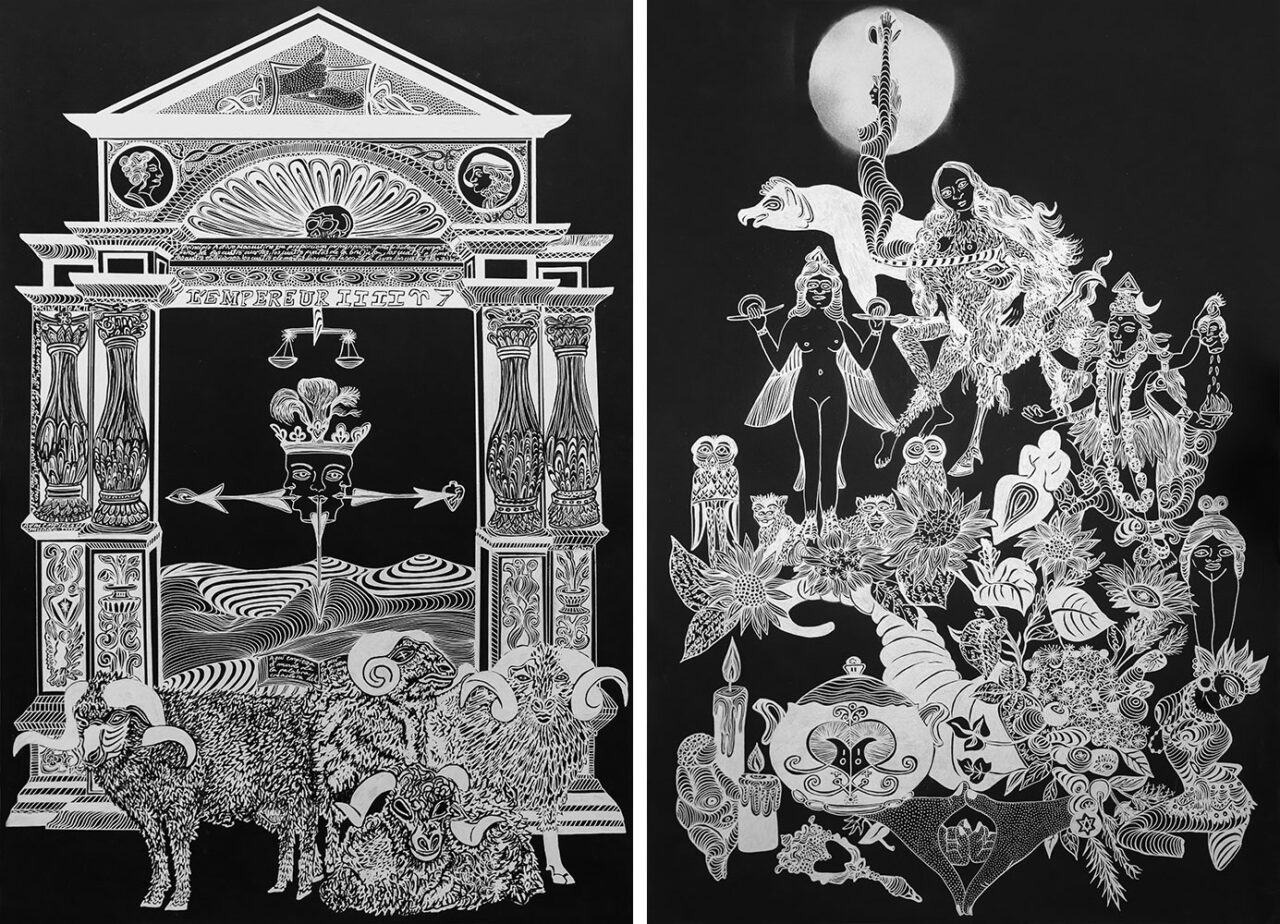
Right: Marina Vargas, The Lines of Fate: The Empress, 2025, Silver ink and aerosol on black paper. 113 x 78 cm. Collection of the artist. Photo: María Lamuy. © Marina Vargas, VEGAP, Madrid, 2025
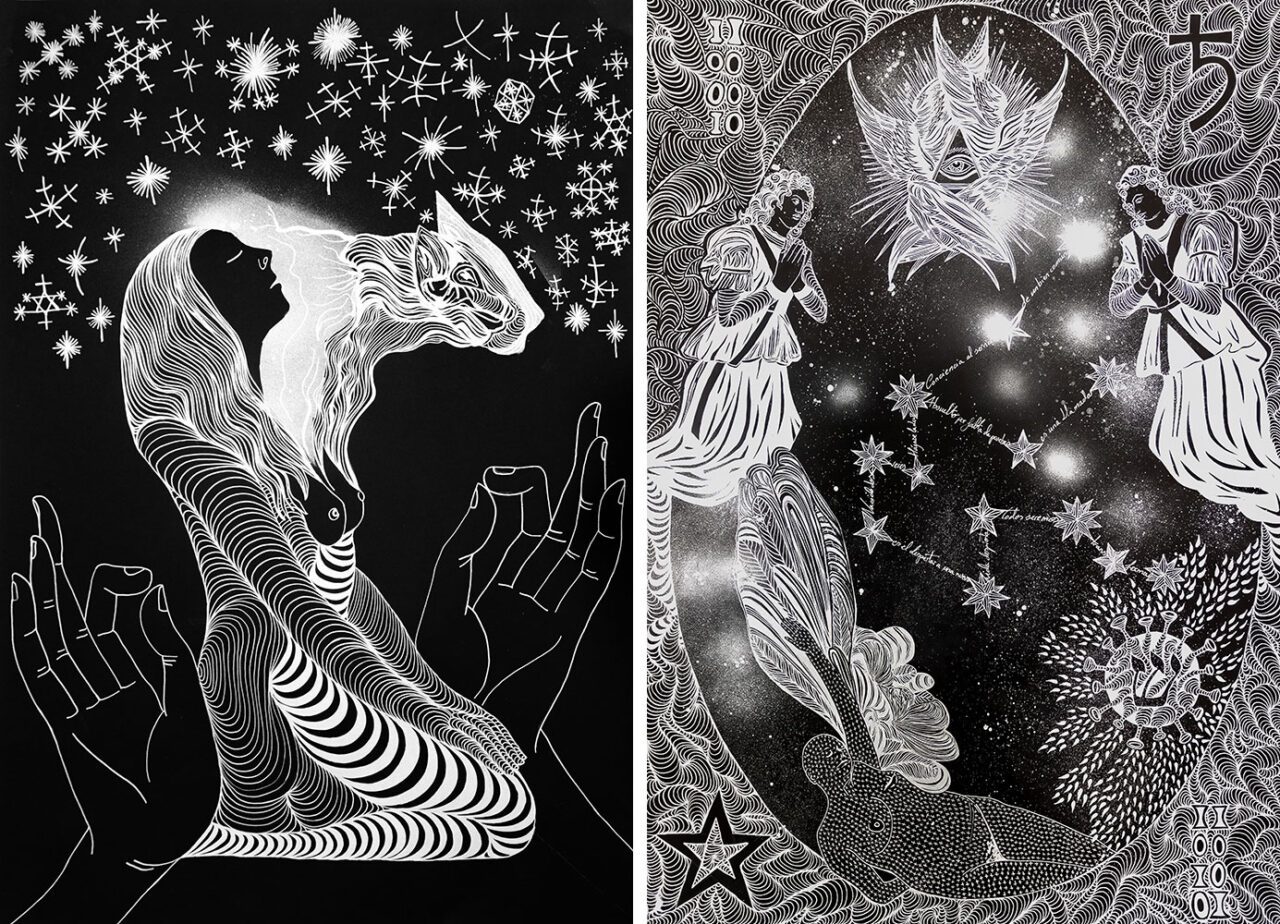
Right: Marina Vargas, The Lines of Fate: Judgement, 2024, Silver ink and aerosol on black paper. 113 x 78 cm. Collection of the artist. Photo: María Lamuy. © Marina Vargas, VEGAP, Madrid, 2025
